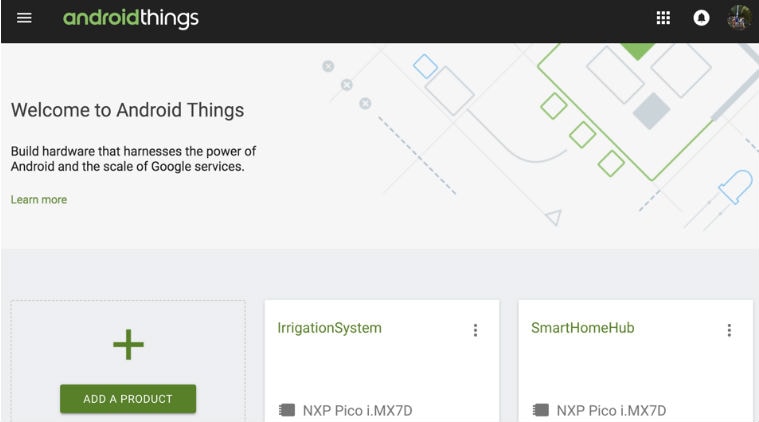 Google has also announced that it will be rolling out timely over-the-air (OTA) software updates for devices on Android Things.
Google has also announced that it will be rolling out timely over-the-air (OTA) software updates for devices on Android Things.
Google officially released Android Things 1.0 ahead of its annual developers conference on May 8 in Mountain View California. Android Things is Google’s Internet of Things (IoT) platform based on Android, designed to work on IoT devices such as air quality monitors, smart thermostats, and more. Android Things was showcased at Google I/O 2016 with the company launching the platform two years later.
Several devices including Smart Speakers from LG and iHome as well as Smart Displays from Lenovo, LG, and JBL which have been built on Android Things will hit the shelves soon. “Startups and agencies are also using Android Things to prototype innovative ideas for a diverse set of use-cases,”Google said in a blog post. For instance, Byteflies docking station can securely transmit wearable health data to the cloud.
Google has also announced that it will be rolling out timely over-the-air (OTA) software updates for devices on Android Things. The search giant will offer free stability fixes and security patches for three years. There will be options for extended support as well. For non-commercial devices, the company has restricted the use of the Android Things Console for software updates to 100 active devices in case of non-commercial use. The Android Things Console gets a new interface, which can be used by developers to configure hardware peripherals.
Android Things 1.0 will come with support for new System-on-Modules (SoMs) based on the NXP i.MX8M, Qualcomm SDA212, Qualcomm SDA624, and MediaTek MT8516 hardware platforms. To recall, Qualcomm announced in 2016 that it intends to collaborate with Google to add support for the Android Things operating system in Qualcomm Snapdragon processors. “The Raspberry Pi 3 Model B and NXP i.MX7D devices will continue to be supported as developer hardware for you to prototype and test your product ideas,” reads the post.